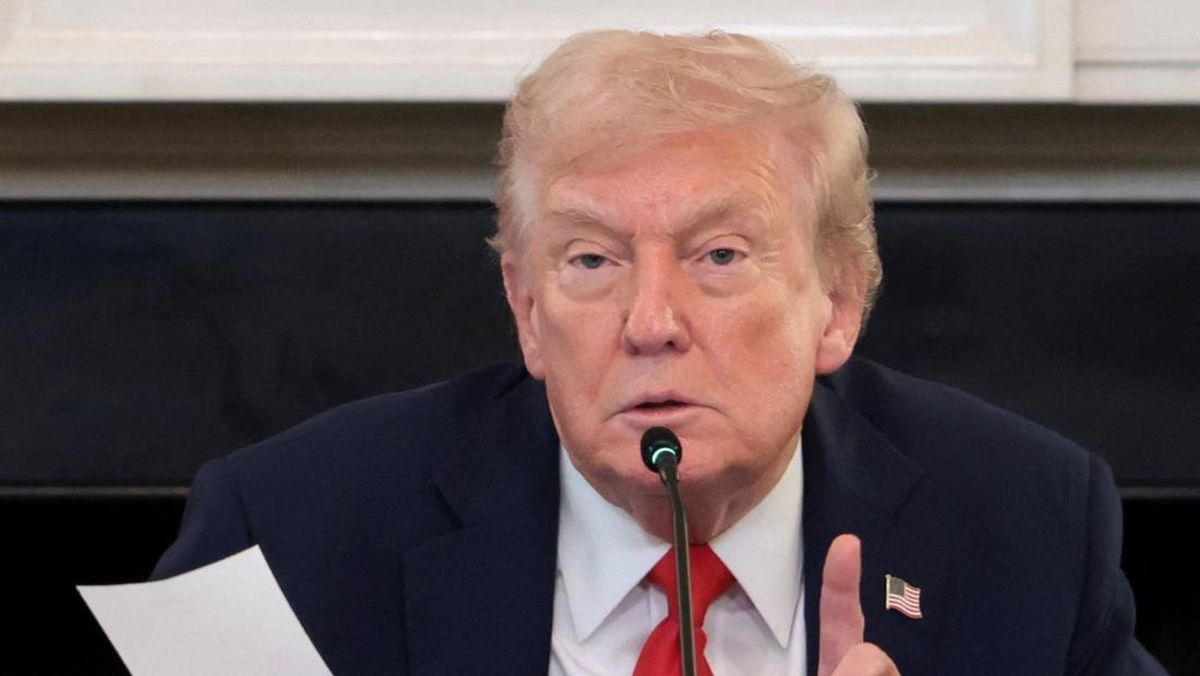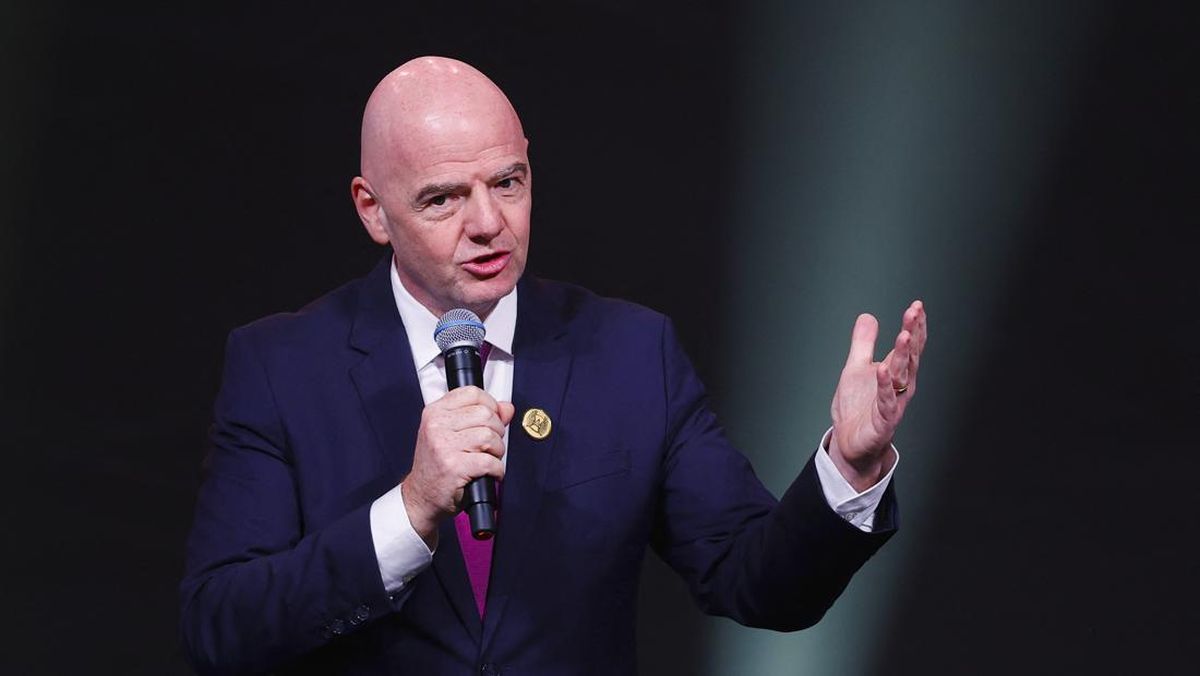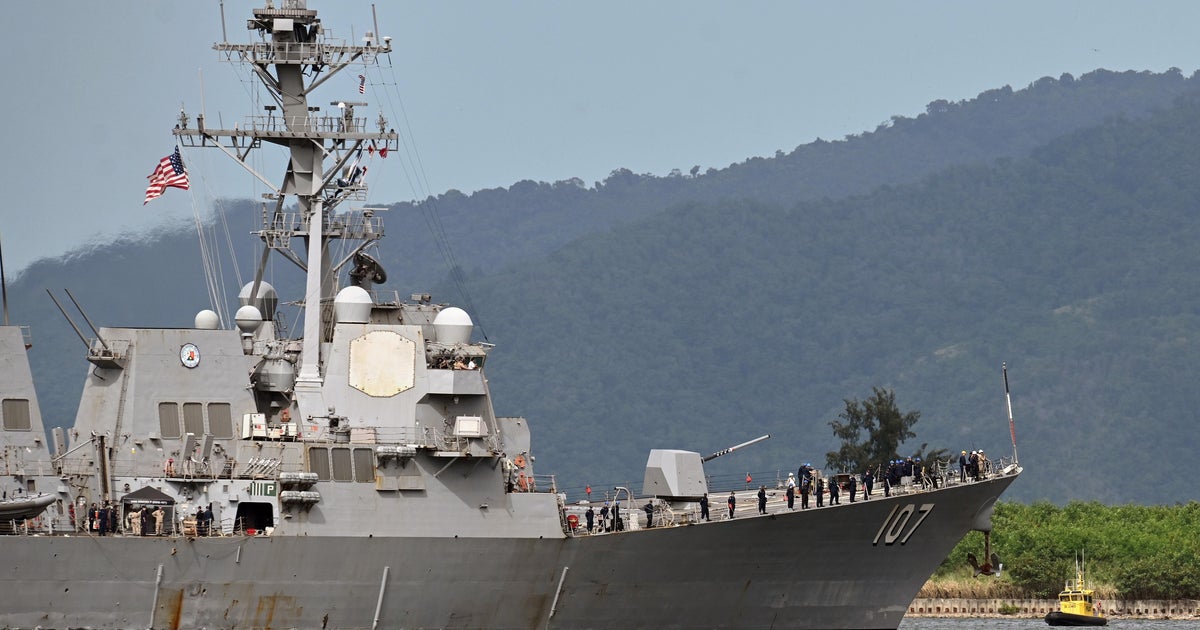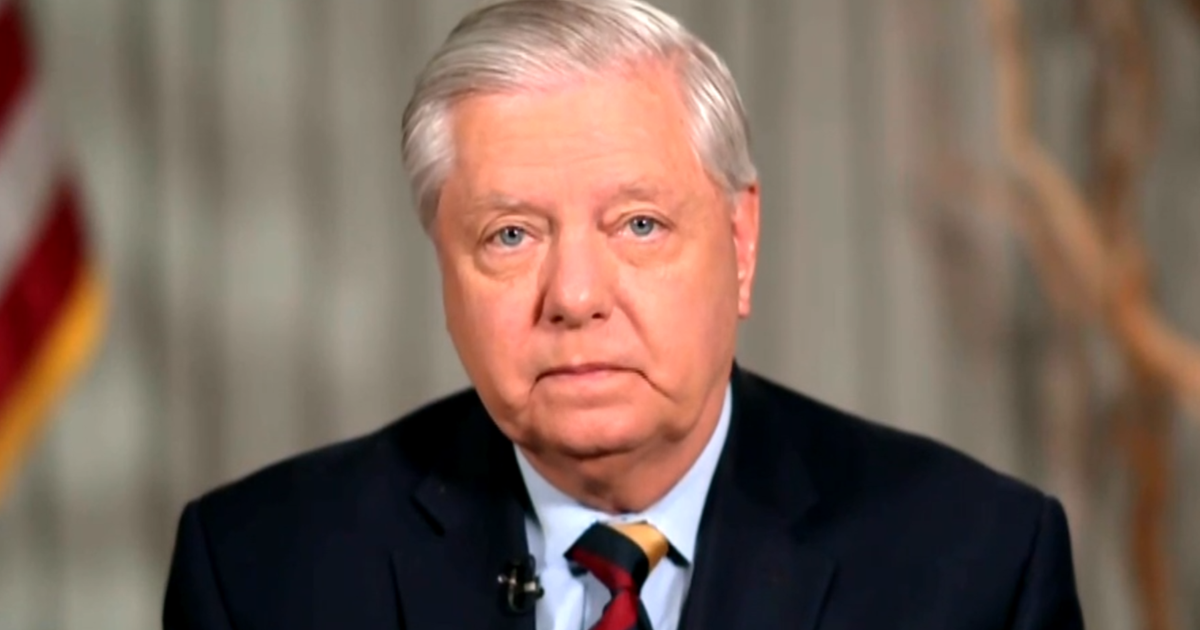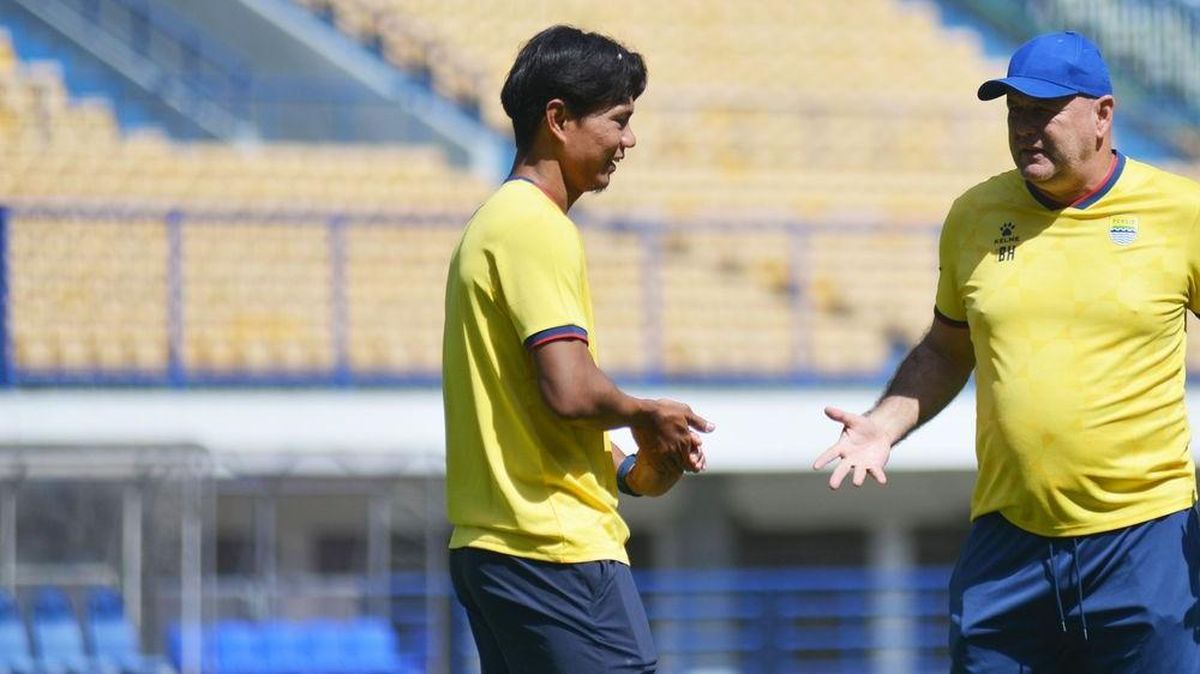Loading
Last week’s meeting between Trump and Albanese was a repudiation of those concerns. On camera, and with Hegseth in the room, Trump said the US had “plenty” of submarines, was entirely unfussed about a potential conflict with China, and lauded Australia as “great” on defence spending. “You can only do so much,” he said.
War versus state
Broadly, Trump’s emphatic backing of AUKUS represented a triumph for the State Department and Secretary of State Marco Rubio – who have been unequivocal in their support – over sceptics at the Pentagon and elsewhere. While the Pentagon has confirmed its AUKUS review is ongoing, the heat has been taken out of it.
“Probably it has lost some steam,” says Lisa Curtis, director of the Indo-Pacific Security Program at the Centre for a New American Security (CNAS). Curtis was a senior director on the National Security Council in Trump’s first term, working on South and Central Asia and Indo-Pacific affairs.
“The good thing about Trump’s strong statement of support for AUKUS is that now all of the supporters in the US system are on strong footing when they implement it – that wasn’t the case before,” Curtis says. “There was some uncertainty. The announcement of the Pentagon review had led officials to publicly hedge their comments on the initiative. I think that will no longer be the case.”
Curtis added: “It demonstrates that [Colby’s] views on AUKUS have not carried the day with President Trump. It does show that his views probably represented a minority of viewpoints within the administration.”
It is not the first time that Trump and the State Department have shut down opponents in the Pentagon. Around the same time as the AUKUS review was announced, Hegseth, Colby and the Pentagon were also receiving blowback over a decision to halt the shipment of some weapons to Ukraine, reportedly without telling the White House or the State Department. Trump had the decision reversed.
It prompted a wave of mostly anonymous trash-talk about Colby from his detractors in Washington. A former Trump administration official told this masthead: “[Colby] lost a little bit of his standing after that incident.” Some believe it was a pivotal moment for AUKUS, too.
The Pentagon was contacted for comment for this story. The US government is currently shut down due to an impasse over funding bills.
Rubio’s State Department was blindsided by the AUKUS review and has been antagonistic from the start. When the review became public, the department made it clear it was out of the loop. “We are not aware of a review of the AUKUS agreement,” its statement said at the time. “The Secretary of Defence has not requested a review of the agreement from the Secretary of State.”
Loading
Bryan Clark is a senior fellow and director of the Centre for Defence Concepts and Technology at the Hudson Institute, a conservative Washington think tank with strong links to the Trump administration. He says it is difficult to tell whether Colby lost the war on AUKUS, or Australia managed to assuage his concerns.
“He never said to cancel it, so I wouldn’t say he ‘lost’. But he definitely was sceptical,” Clark says. “Either his scepticism was satisfied with the review because everybody came to the table … or he did lose out.”
Clark says Colby and others were mainly concerned the Virginia-class submarines would effectively be “lost” to any allied mission that did not involve the direct defence of Australia. He believes it is likely Canberra has reassured Washington on this front.
“It sounds like assurances were provided that these submarines were going to be deployed in support of allied operations, even if they are addressing China,” he says. “[The] State [Department] probably drove a lot of that because that is fundamentally a foreign affairs discussion.”
This masthead asked Albanese’s office whether Australia had given such assurances to the United States. A government spokesperson replied: “It is not appropriate to engage in hypotheticals.”
Credit the Brits
Overlooked in the celebrations following Trump’s ringing endorsement of AUKUS was the role played by the British in securing the president’s backing. Some sources believe Australia “got lucky” from Trump’s strong friendship with British Prime Minister Keir Starmer, as well as counsel from King Charles III.
Starmer was able to press Trump about AUKUS in person on multiple occasions; at the G7 in Canada, and on Trump’s state visit to the UK in September, where the King also put in a good word. Trump is an Anglophile; Britain was the first country to sign a “trade deal” with Trump and enjoys the most favourable terms.
Sophia Gaston, a foreign policy researcher at King’s College in London with knowledge of AUKUS discussions in all three countries, says those interventions during the state visit were “decisive” in framing AUKUS as a natural extension of the US-UK alliance.
Loading
“The emotional and symbolic connection between Britain and the United States was effectively harnessed to underpin the case for policy alignment,” she says. “Once the British bilateral framework was set, it was much easier to create a narrative around the mutual benefit of Australia’s role in AUKUS and its alignment with US priorities.”
Australia has worked closely with Britain on trade matters, too. Gaston points to a paragraph in the White House’s summary of the Albanese meeting, which says Australia and the US “agreed to develop and launch a bilateral Technology Prosperity Deal”. That sounds like it will be similar to the Technology Prosperity Deal signed by Trump and Starmer last month at Chequers.
Critics of that deal worry it will effectively mean ceding any sovereign artificial intelligence sector to the US, which is pursuing a global strategy of AI dominance.
But Gaston says it provided an easy blueprint for Australia. “It’s no coincidence that the Australian deal on minerals and technology was framed in the same language as the British deal.”
Lisa Curtis, Indo-Pacific security director at CNAS, says Australia laid the groundwork on AUKUS, including in Congress, where many senators and representatives were frustrated by the way the Pentagon was conducting its largely secretive review.
Curtis points to Marles’ multiple visits to Washington to shore up support, as well as comments by Hegseth and Rubio backing AUKUS. Albanese also says Trump was supportive in their phone conversations.
“This is a win for Australian diplomacy,” Curtis says. “But another turning point was definitely the Trump visit to the United Kingdom, where AUKUS figured very prominently in the discussions. The UK government has played a role in helping President Trump come to the position he expressed.”
Ambiguities remain
During the Trump-Albanese meeting, US Navy secretary John Phelan said there was still some “ambiguity” in parts of AUKUS that needed to be straightened out. Trump immediately dismissed this as minor, pledging the deal was “full steam ahead”.
Albanese was also disdainful of this ambiguity at a later press conference in Washington. Asked whether the Americans told him what changes they were seeking, he said: “Yeah, but we don’t make announcements about AUKUS and structures at a press conference like this.”
This masthead reported last week that Australian officials were preparing for the US to seek long-term use of HMAS Stirling, near Perth, for up to four nuclear-powered US submarines from 2027.
Clark believes the navy is worried about Australia’s capacity to train its workforce and get its infrastructure ready for delivery of the first Virginia-class submarine to Australian hands in 2032.
Loading
“They’re not going to sell these submarines to Australia unless the US government is confident they will be operated correctly and safely,” he says. “The US doesn’t want to sell submarines to Australia only to have them suffer some kind of accident or fault. I share that concern.”
It’s not just about having people trained to operate nuclear-propelled boats, Clark says. “The management and oversight needs to be Australian; otherwise it’s not really a sovereign capability. That’s where [the Australians] need to put the most emphasis.
“They have time. But you have to do the blocking and tackling to make it happen, as opposed to expecting it to come together at the last minute.”
This masthead invited Phelan’s office to explain the remaining ambiguities in AUKUS but did not hear back.
Get a note directly from our foreign correspondents on what’s making headlines around the world. Sign up for our weekly What in the World newsletter.


